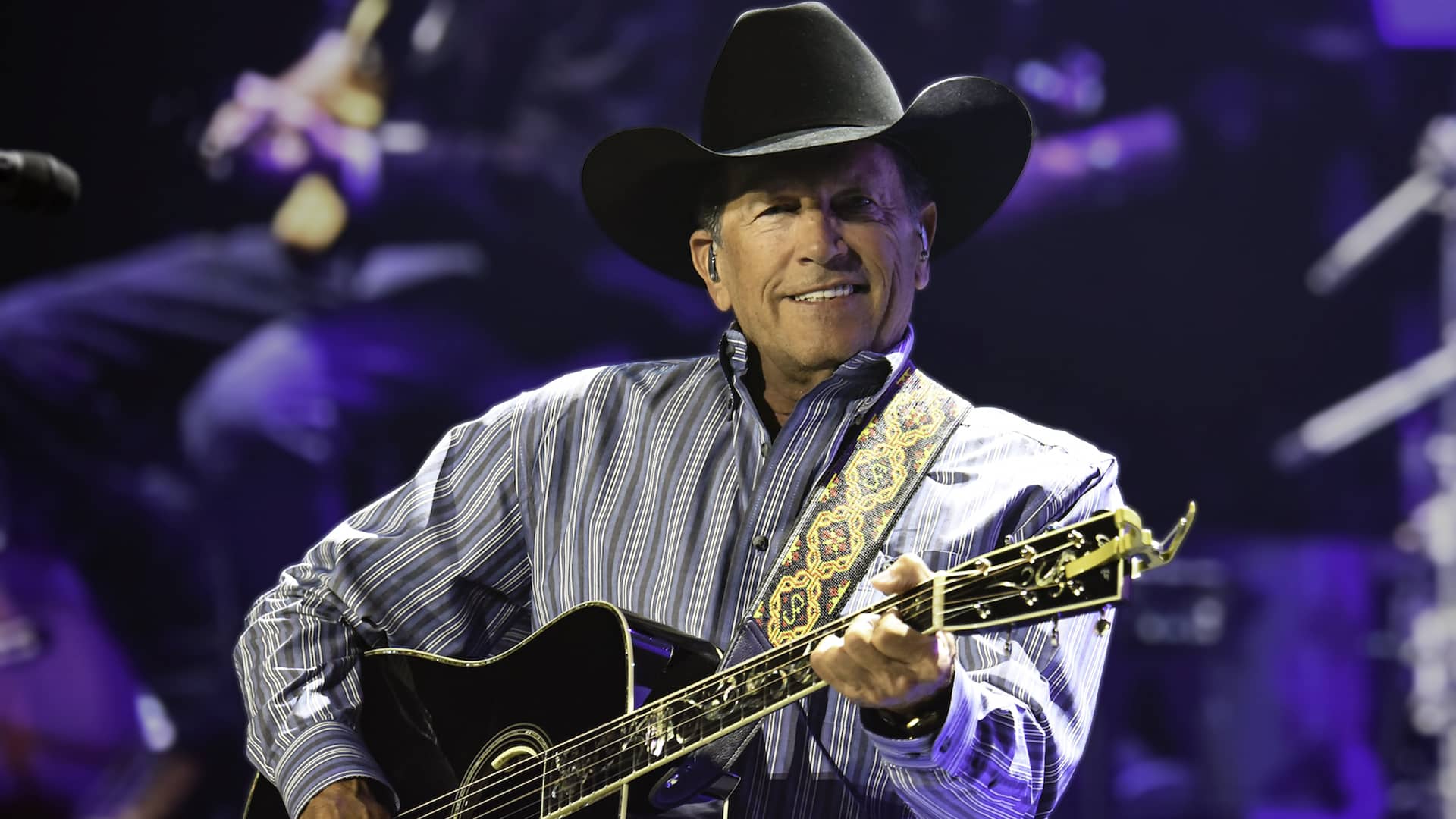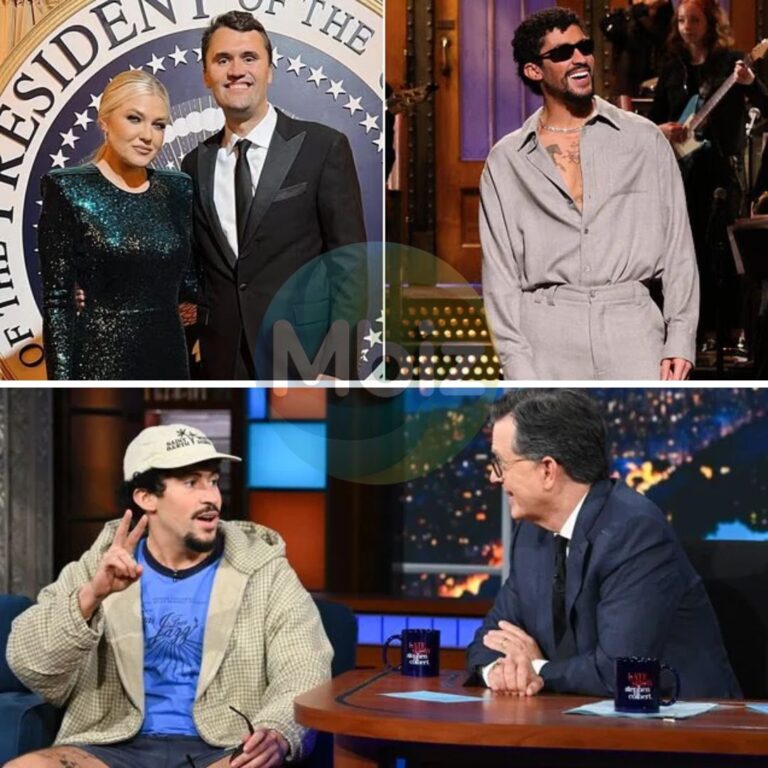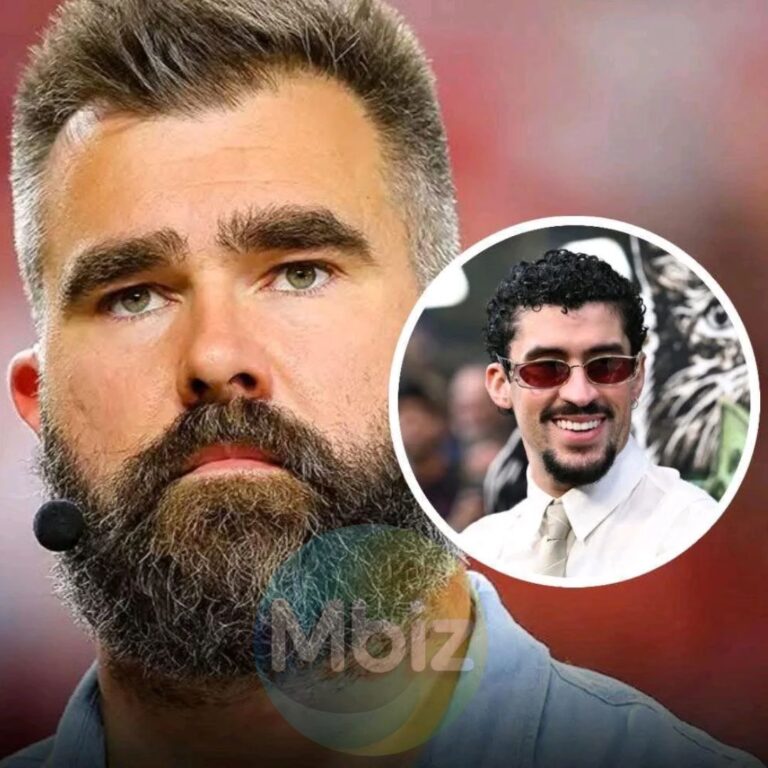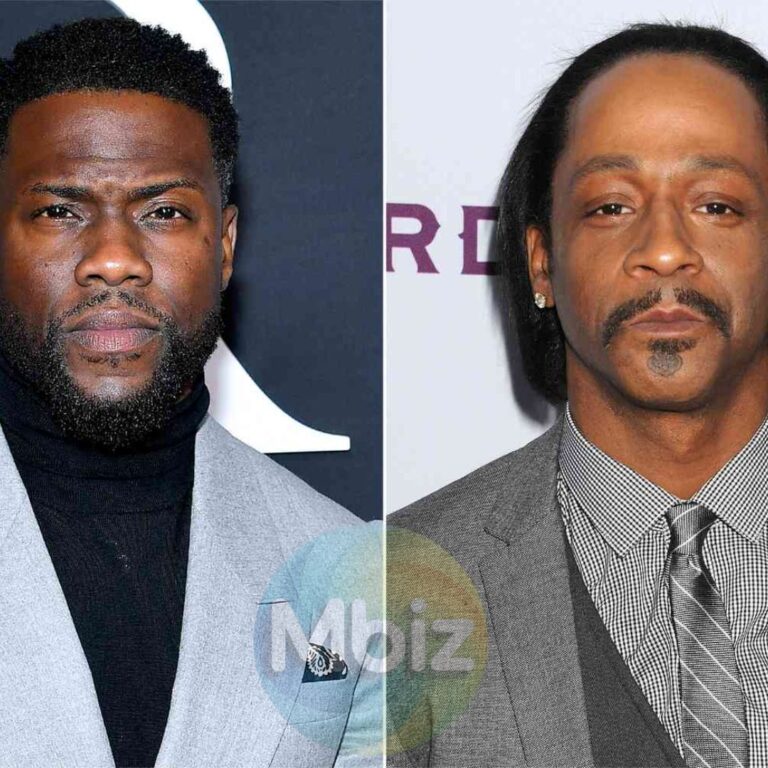“King of Country vs. King of Latin Trap”: Super Bowl Halftime Sparks Nationwide Petition Push
When the NFL announced Puerto Rican superstar Bad Bunny as the headliner for the 2026 Super Bowl Halftime Show, the decision lit a cultural firestorm across the United States. Fans and pundits alike quickly took to social media, debating the merits of featuring a Latin trap artist on what is often considered America’s quintessential stage for music and entertainment.
Within hours, petitions emerged demanding that the league replace Bad Bunny with country music icon George Strait, whose decades-long career has defined the genre and resonated deeply with traditional American audiences. The largest petition, initiated by Change.org user Kar Shell, has amassed more than 19,000 signatures and counting. It reads like a manifesto for classic Americana:
“The Super Bowl halftime show should unite our country, honor American culture, and remain family-friendly. Bad Bunny represents none of these values. George Strait embodies unity, tradition, and the timeless American music that truly deserves the 2026 Super Bowl spotlight.”
For many fans, the issue is less about personal taste and more about cultural alignment. Commenters on the petition highlight the perceived disconnect between Bad Bunny’s artistry and the family-oriented spectacle the Super Bowl has traditionally represented. One fan wrote, “Why would the Super Bowl in America, hosted by Americans, feature a mainly Spanish singer? George Strait should make this Super Bowl ten times better than last year.” Another added, “George Strait is a country classic, one hundred times better than Bad Bunny.”
This push is not isolated. Another Change.org petition calling for a new halftime act has already surpassed 10,000 signatures, indicating the movement is gaining traction nationwide. While Bad Bunny’s influence and popularity are undeniable—he has become one of the most streamed Latin artists in history—critics point to his controversial performances, explicit lyrics, drag appearances, and outspoken political views as reasons for concern. His public comments, including telling non-Spanish-speaking audiences during Saturday Night Live that they had “four months to learn” his lyrics, have only fueled the debate.
On the other side, George Strait represents an entirely different ethos. At 73 years old, the country legend still draws massive audiences, relying on decades of chart-topping hits and a career built on authenticity rather than shock value. With over sixty number-one hits and forty-plus years in the music industry, Strait embodies the qualities that many Americans associate with a traditional, family-oriented halftime experience: class, nostalgia, and national pride.
The petitions argue that Strait’s performance would bridge generational gaps while paying tribute to American culture. Imagine the scene: Levi’s Stadium bathed in spotlights, Strait’s Stetson tilted low, the band launching into “The Cowboy Rides Away.” No pyrotechnics. No elaborate choreography. Just music that resonates with millions of Americans and evokes a shared cultural heritage. For supporters, this is a reminder of what the Super Bowl halftime show can be—timeless, heartfelt, and inclusive of American identity.
While it’s unlikely the NFL will make a last-minute change, the fervor surrounding the petitions demonstrates how seriously fans take the cultural messaging of such a massive event. Historically, halftime shows have often reflected broader societal trends, from political statements in Beyoncé and Shakira’s 2020 performance to patriotic tributes featuring classic rock and pop icons. This year, the debate reflects a new tension: global appeal versus national cultural identity.
Bad Bunny undeniably brings international star power, commanding attention from millions of Latin music fans worldwide. His presence symbolizes diversity, modernity, and the growing influence of Latin culture on mainstream entertainment. But George Strait offers something different: a link to homegrown tradition, a sense of historical continuity, and an embodiment of the American country music legacy. For many, that sense of “home” is precisely what the halftime show should deliver.
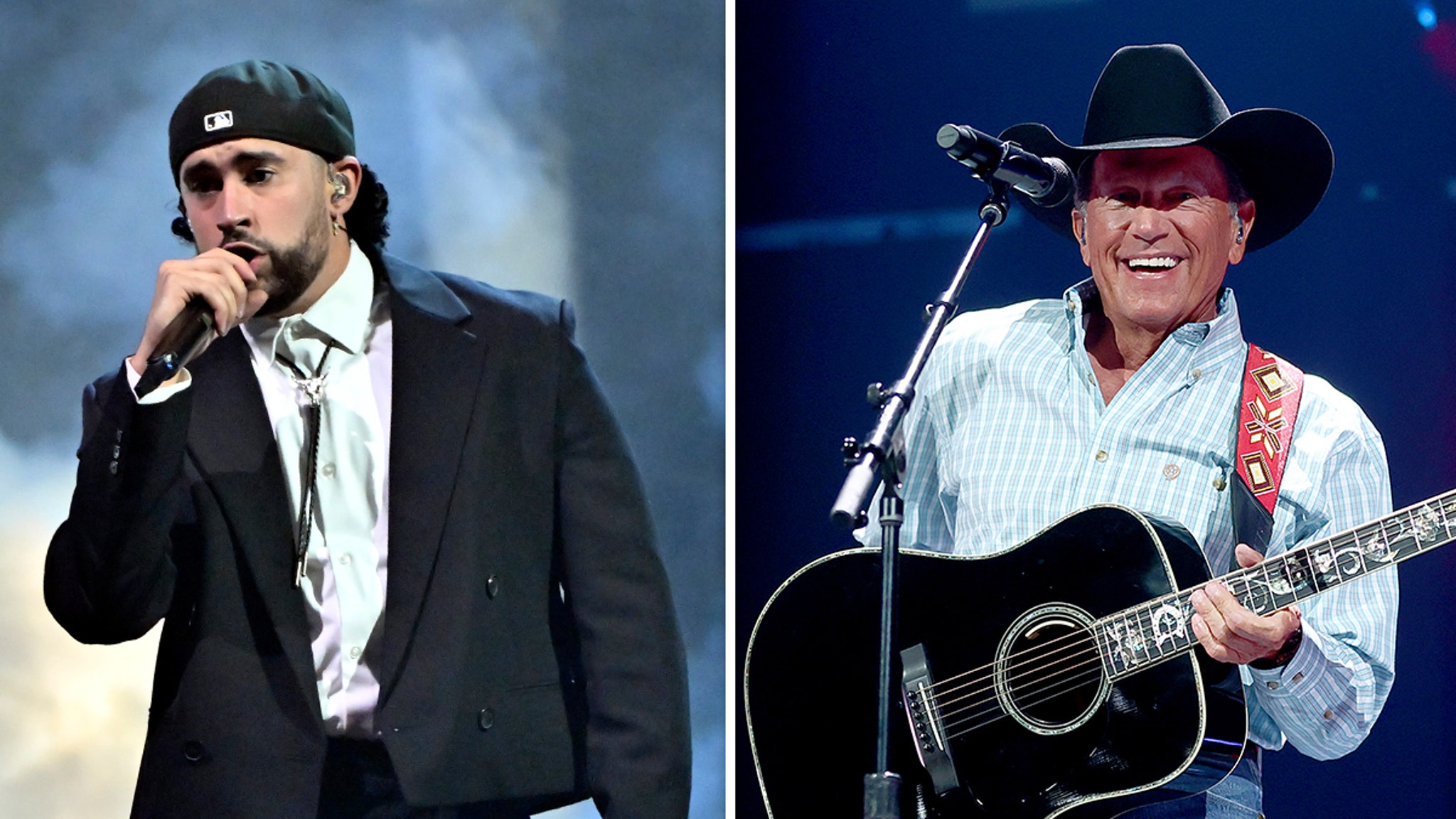
The ongoing petition push underscores a deeper sentiment. For decades, the Super Bowl halftime show has been more than entertainment; it’s a national ritual. Fans invest emotionally, culturally, and financially, and they expect a reflection of their values alongside the spectacle. The debate over Bad Bunny versus George Strait crystallizes a larger cultural conversation: the intersection of entertainment, identity, and national symbolism.
As petitions continue to circulate and the NFL approaches February 8, 2026, the conversation is unlikely to subside. Whether the league chooses to stand by its selection or responds to the groundswell of public sentiment, the debate over this halftime show will likely be remembered as one of the most contentious in recent history.
For now, the message from fans is clear: they want a performance that resonates with tradition, evokes pride, and reminds Americans why the Super Bowl remains one of the country’s most cherished cultural events. And for millions, George Strait remains the soundtrack to that vision, a living testament to the enduring power of American country music.
